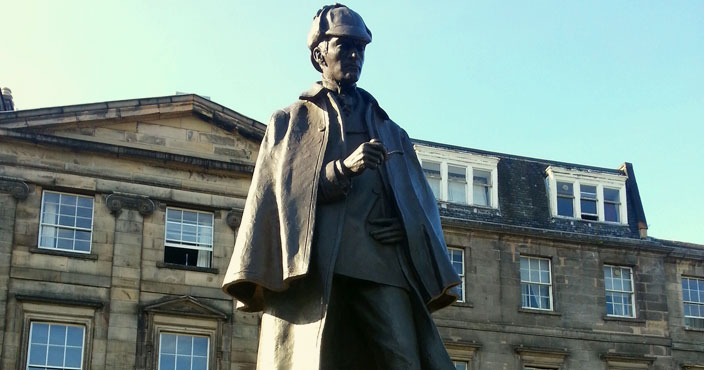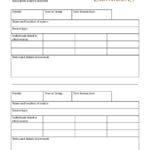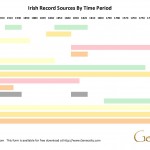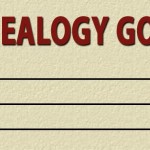Part of the joy of genealogy research is the thrill of the hunt. We tune into, hone and cultivate our inner detective. Let’s look at what skills are REALLY needed to be able to be successful as a genealogist.
Know where to find information
Both online and offline databases are fantastic resources. FamilySearch, Ancestry, Findmypast are rich repositories of digitized documents that make traveling less necessary for genealogical research. But never rule out the rich resources that have not been digitized, documents, maps, newspapers, directories that are not found online, but rather in libraries, local, state, provincial or county archives, genealogy societies and family history centres. Don’t limit yourself to just one point of research.
Cultivate an eye for detail
Look at every piece of information on each document. Look again. Put it aside for a day or two and then look at it again. You will be surprised at what you see that you didn’t see the first time. Remember those posters that have words written backwards, numbers interspersed with letters and yet we can read what the poster says? Our brains read without paying attention to details. But to be a good genealogist, we need to pay attention to the details on the documents. To do that, we need to look at every detail. Put the document aside and then look at it with fresh eyes a few days later.
Develop your reasoning skills
The ability to reason is one of the things that sets humans apart from other species. One of the best ways to put your reasoning skills to work is through genealogy research and trying to resolve things that don’t make sense at first glance. Being able to think through a problem without making illogical leaps will help you resolve conflicting information. And it will help you to understand what caused the conflict in the first place. Take a scientific approach Use a slow, determined, logical methodology in developing your reasoning skills. Does your conclusion fit with what you already know? Does it make sense? If not, why not? If so, what evidence do you have to prove your conclusion?
Pay attention
This isn’t the same as cultivating an eye for detail. Pay attention to what the information is telling you. Is this really your great great grandfather? If you pay attention to dates of events, you will know that he can’t possibly be because that would have made him 8 when your great grandma was born. Same name. Same location. Same father’s name. But the dates are terribly wrong. Therefore, he can’t be YOUR great great grandfather. He may be your ancestor so don’t discard the document completely. Just don’t ignore the information that shows he isn’t the ancestor you think he is.
Keep notes
Notes are important. Keep notes on who you have received information from. Where you have checked for documents. What you have learned and what you still need to find out. Notes will keep your research focused and will help you to make better sense of the documents you find and who the information should be attached to in order to be correct. It will also help you know who also knows a particular ancestor so that you can go back and re-visit what they know that you don’t and vice versa.
Keeping notes also includes citing your sources. What is the information? Where did you get the information? Can others also find the information if they look where you looked?
Critical Thinking
Simply stated, use your noggin. Piece the parts of the puzzle together and know why the flat edged pieces don’t fit in the middle of the picture.
Active Learning
As with any activity you are passionate about, keep learning. Listen to webinars. Go to conferences. Attend talks and workshops. Read blogs. It’s important to keep up to date with what is new, what others find useful, new record sets that have been released. It will make you a better genealogy researcher and will really help you hone your inner detective.
Happy sleuthing!
Scottish born, Canadian raised, Christine had the best of both worlds, growing up immersed in Scottish culture. Realizing that others of the Scots diaspora were not as fortunate, she started her business, Genealogy Tours of Scotland to allow others researching their Scottish roots the opportunity to return to the land of their ancestors, conduct family history research and deepen their sense of belonging to their ancestral kin.




